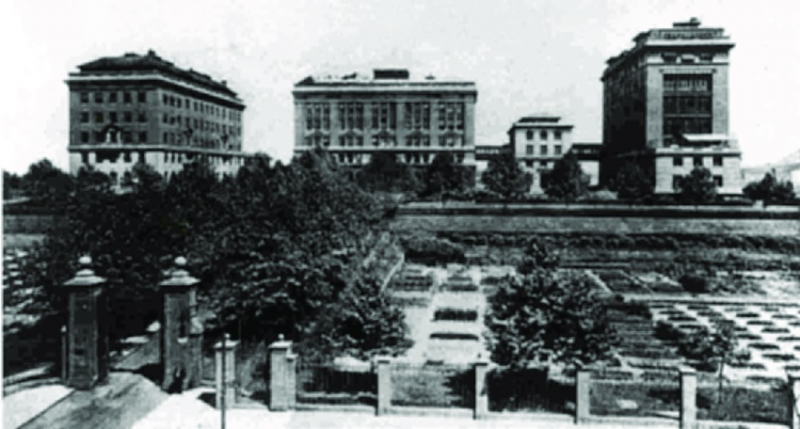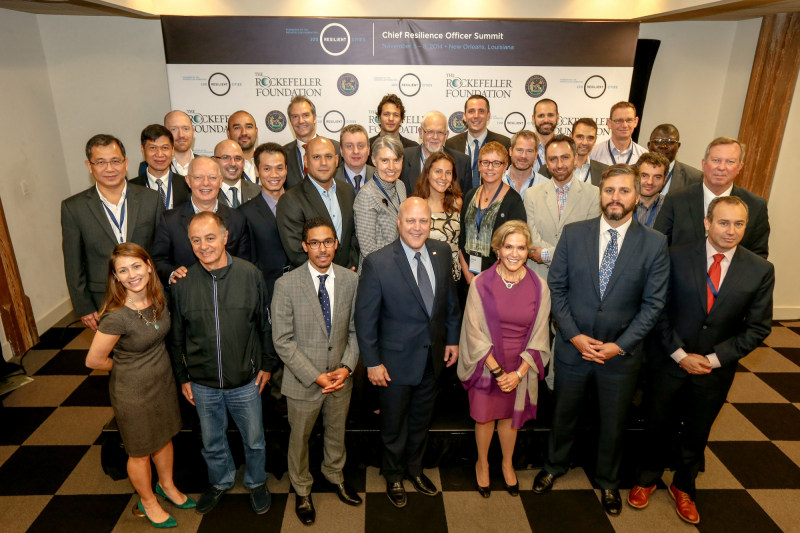Rockefeller became one of the first great donors of medical science
Rockefeller, on Gates' advice, became one of the first great donors of medical science. He established the Rockefeller Institute for Medical Research in New York City in 1901. After expanding its aim to include graduate study, it changed its name to Rockefeller University in 1965. It claims to be related to 23 Nobel laureates. In 1909, he established the Rockefeller Sanitary Commission, which successfully eradicated the hookworm illness, which had long afflicted rural areas of the American South. His General Education Board had a significant impact by supporting the Flexner Report proposals in 1910. The Carnegie Foundation for the Advancement of Teaching conducted the study, an excerpt of which was published in The Atlantic.
In 191, Rockefeller established the Rockefeller Foundation to continue and expand the work of the Sanitary Commission, which was abolished in 1915. He donated roughly $250 million to the foundation, which supported public health, medical education, and the arts. It provided the first of its kind to the Johns Hopkins School of Hygiene and Public Health. It also helped to establish the Peking Union Medical College in China as a renowned school. The foundation assisted in World War I war relief and hired Canadian William Lyon Mackenzie King to investigate industrial relations.
The Rockefeller Foundation financed a hookworm eradication campaign through the International Health Division in the 1920s. To achieve its goals, this campaign used a combination of politics and science, as well as teamwork between healthcare staff and government authorities.












